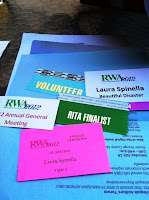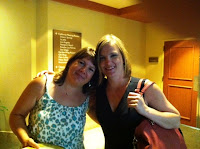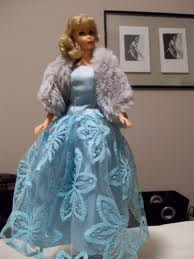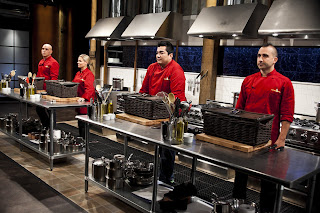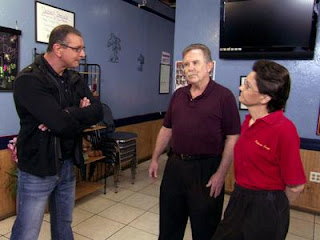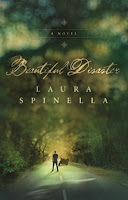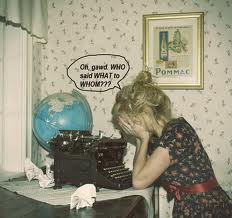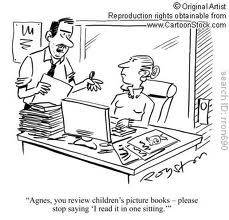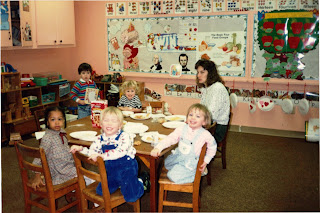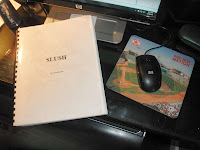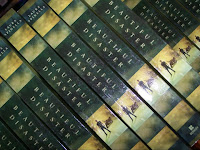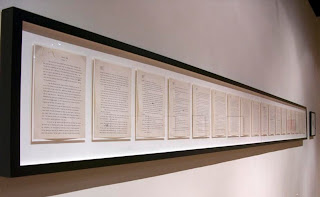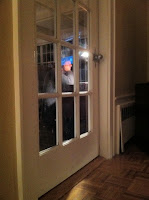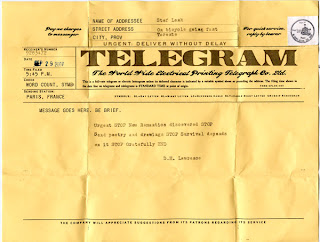Great Expectations
 |
| Best Graphic Available Under Pressure |
because I wasn’t particularly good at “real pregnant.” Years removed and my
memories still rouse a hazy sea of green swells, my stomach rolling on the
thought, not to mention the cumulative 27 months of my life spent on my knees
at the porcelain altar. I didn’t glow, I didn’t nest. I didn’t do much of anything but puke. Friends
and family, not to mention my husband, are amazed that we have three
children. I attribute them to the same you-never-know audacity that makes
writers’ write book two, after book one fails to sell. Granted, in some circles this might be perceived
as stupidity. The first pregnancy was
the worst. We were in the midst of building a house, traveling back and forth
between Long Island and Maryland. By the time there was drywall, I’d tossed it
up in every rest stop on the Jersey Turnpike.
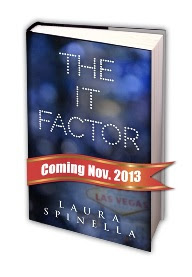 I say the first
I say the firstpregnancy was the worst, and it was. The other two weren’t a terrific
improvement, but I knew what to expect, so in some regards it made for slightly
smoother sailing. I’m hoping the same holds true for books as I find myself “in
a novel-way” again. THE IT FACTOR is in its
first trimester, with the father-bird, Penguin, settling in to roost. As you can see from my bright blue
mock-cover, I’ve already decided it’s a boy.
Like a real pregnancy, a book sale draws a huge round of congratulations,
the big difference being you can indulge in the champagne.
a journey of edits and cover concerns, wondering if they’ll let me keep the
name I’ve chosen. Who knows? I am sure, however, that there will be a word-by-word
dissection over the back cover blurb, which can be critical in terms of readership. I’m already wringing my hands over this part,
separating information that readers will find intriguing from a passage that gives too much away. It looks like THE IT FACTOR will be a late fall
book and this can be tricky in New England.
But I have solid experience here, having had four babies in raw weather
months—November, December, March and January, BEAUTIFUL DISASTER’S pub
date. To be honest, that part feels
rather fitting; a sunny day in June would just seem strange. When the calendar finally gets around to next
fall—which, admittedly, seems light years from now—I’ll fret over Aidan and
Isabel like I did Megan, Jamie and Grant on their first day at school. Will people like them? Did I do enough before
pushing them out the door? Will they be resilient
when labeled a frothy romp? Okay, so I wasn’t thinking about my kids on that one. Regardless, there will be no
turning back. Of course, I do have an advantage with the book. I can always ignore my Amazon page. Live children
make this a tad more difficult.
star protagonist, waits calmly in the wings for his cue. His elusive love
interest, Isabel, is probably not as anxious—but isn’t this what we strive for in
a complex character? I’m still not fond of the phrase, “book pregnant,” though I can’t deny the
similarities, right down to that queasy feeling of expectation.

